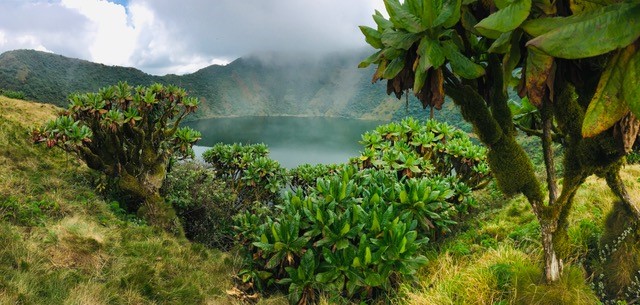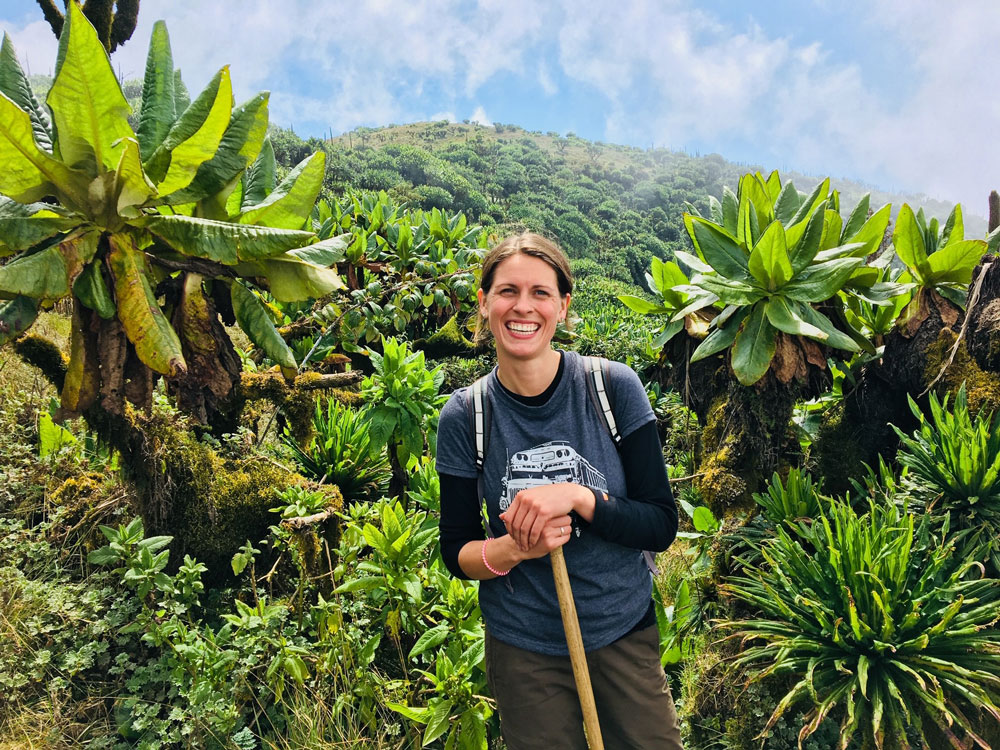On Monday the 7th of May 2019, the Intergovernmental science-policy Platform on Biodiversity and Ecosystem Services (IPBES) released their first worldwide report on the state of our biodiversity. The IPBES report on the state of our biodiversity paints a dark picture – species are going extinct at a rate ten to hundreds of times faster than the average over the last 10 million years.
“The message is clear. What we need now is massive, transformative and globally coordinated changes across all levels of society. We can’t just preserve, we must reverse the trend by increasing biodiversity locally, regionally and globally,” says Focali-member, Prof. Alexandre Antonelli, Professor in Systematics and Biodiversity at University of Gothenburg and Director of Science at the Royal Botanic Gardens, Kew in London.
Species are going extinct faster than ever
The report reveals that the health of the ecosystems on which we and other species depend is deteriorating more rapidly than ever. It indicates that around 1 million of the world’s ca. 8 million plant and animal species are now at risk of extinction. Robert Watson, the chair of IPBES told The Guardian that this rapid loss of biodiversity implies that “we are eroding the very foundations of economies, livelihoods, food security, health and quality of life worldwide,”
Focali-member Marie Stenseke, Professor in Human Geography at University of Gothenburg, is the co-chair of IPBES Multidisciplinary Expert Panel (MEP), which is made up of 25 members from all over the world. MEP is a core body within IPBES, overseeing all of the scientific and technical functions, including the global assessment process. Marie has been closely engaged in the conceptual evolution within IPBES and helped to broaden the approach from “ecosystem services” to “nature’s contributions to people”.
“The IPBES report is not presenting new research but builds on previous studies, so the alarming situation is already known among researchers. Therefore, the biggest news is perhaps that the report has been approved by 132 countries all over the world. The approval makes them, in a sense, committed to action. It can no longer be said ‘We did not know’, nor ‘We did not know what to do to stop the degrading of nature’,” Marie says.
As part of the management committee of IPBES global assessment Marie Stenseke, highlights that the report is not only an assessment of trends biodiversity and nature’s contributions to people. It also includes the assessments of measures to be taken in order to change from the current negative trends towards more sustainable ones. “It is a truly interdisciplinary piece of work, with high scientific credibility from a breadth of perspectives,” she explains and adds that the report not only bridges academic disciplines but “spearheads new paths in assessing indigenous and local knowledge together with scientific knowledge. This body of work illuminates alternative perspectives on human relations with nature, compared to the common western views, and embraces diverse visions of a good life, which could enable the necessary transformative societal changes.”
The fact that global transformative societal changes well beyond “business as usual” are needed becomes clear when looking at the presentation of the main causes attributed to the biodiversity loss. These are: 1) Land/Sea Use Change 2) Direct Exploitation 3) Climate Change 4) Pollution 5) Invasive Species
These are all underpinned by activities that can be directly linked to humans – production and consumption patterns, trade and technological innovations. The results of the assessment pin-point how loss of biodiversity affects us all and that the consequences as well as the needed measures span through multiple sectors of humanity.


